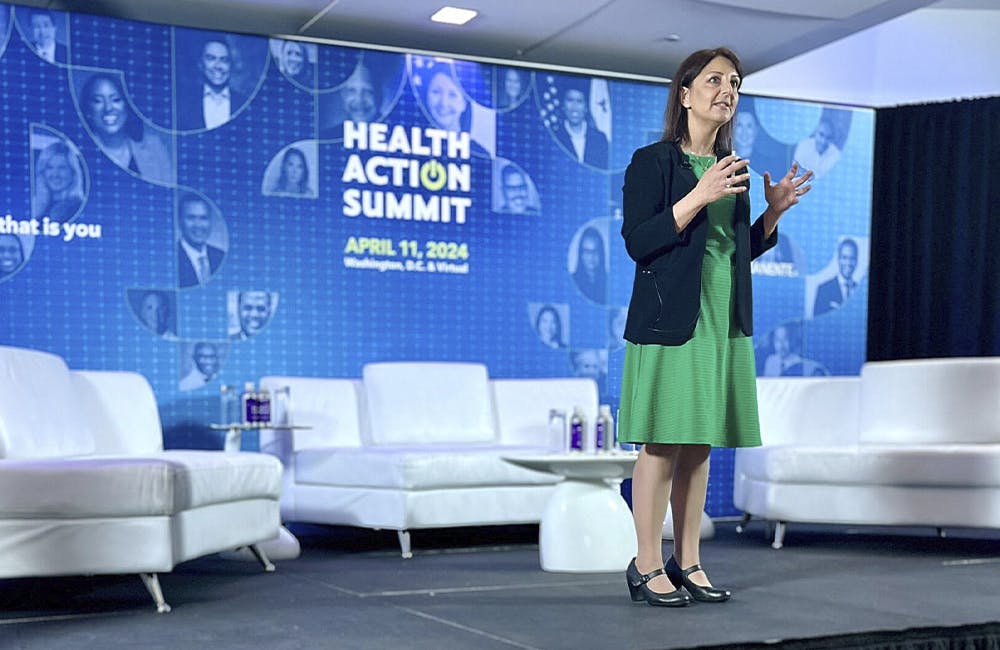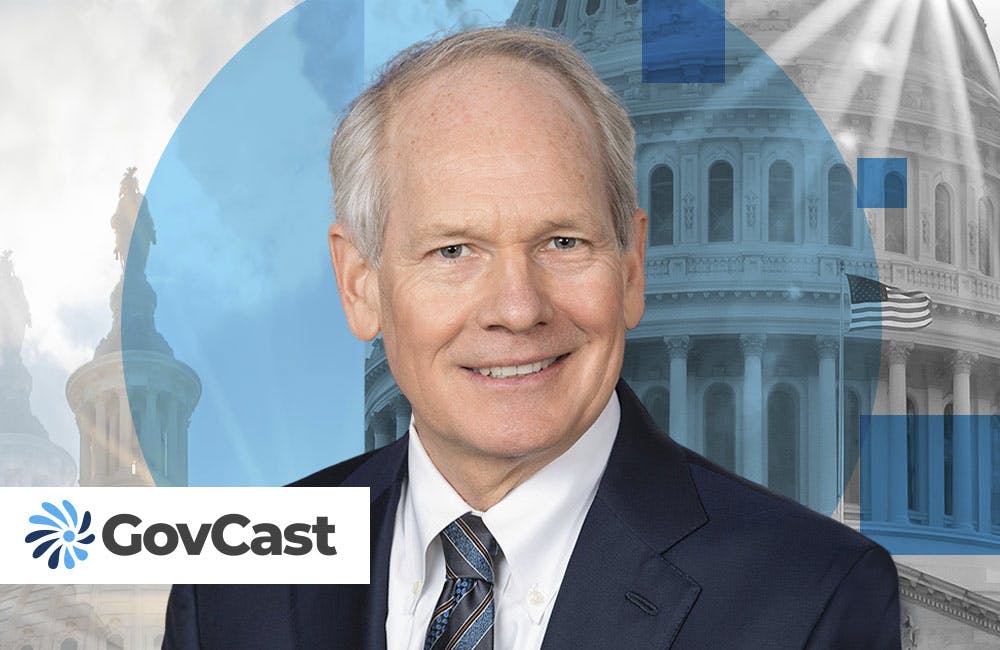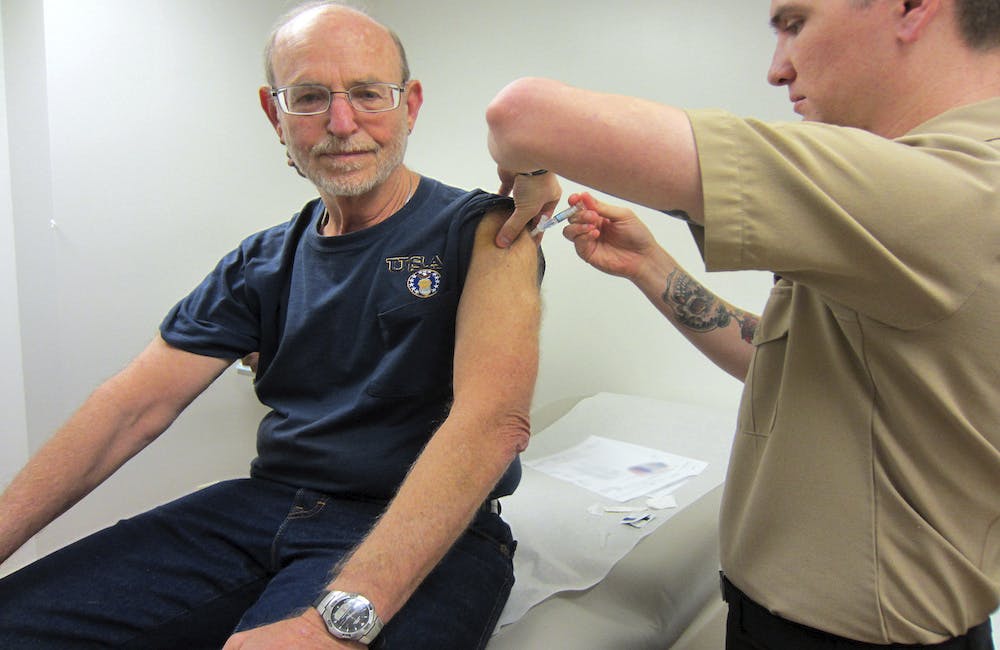ONC Proposed Rule Eyes Information Blocking, USCDI
Over the next several weeks, the health care industry can comment on a proposed rule that boosts health legislation and improves EHR exchange.

A new proposed rule from the Office of the National Coordinator for Health IT (ONC) aims to further the 21st Century Cures Act by improving the use of electronic health information and advancing interoperability amid increased priorities around data privacy and cybersecurity.
Released in April, the ‘Health Data, Technology, and Interoperability: Certification Program Updates, Algorithm Transparency, and Information Sharing (HTI-1) Proposed Rule’ is currently under a 60-day comment period. ONC aims to update the minimum sharable dataset, health IT certification program, information-blocking regulations and the adoption of the U.S. Core Data for Interoperability (USCDI).
Specifically, the new provisions include:
- Implementation of the 21st Century Cures Act requirement to establish an Electronic Health Record (EHR) Reporting Program condition and maintenance of certification as part of the ONC Health IT Certification Program.
- Updates to ONC’s information-blocking regulations, including a proposal to add a Trusted Exchange Framework & Common Agreement (TEFCA) condition to the revised and renamed Manner exception.
- Application programming interface provisions that further support the secure movement of information between health IT systems.
- New and revised standards and certification criteria, including USCDI version three.
Interoperability Builds Trust in Health IT
Leaders say the finalized rule would help increase trust in the health care system, during a time when cybersecurity threats are on the rise and data privacy becomes evermore critical.
“In addition to fulfilling important statutory obligations of the 21st Century Cures Act, implementing these provisions is critical to advancing interoperability, promoting health equity, and supporting expansion of appropriate access, exchange and use of electronic health information,” National Coordinator for Health IT Micky Tripathi said in a statement.
Over the next few weeks, ONC plans to host a variety of information sessions to inform agencies and industry.
During the first information session April 27, HHS leaders explained how the new rule would help reach essential goals like building a digital foundation, investing in electronic health records and making interoperability easier.
“We want to do everything we can to create mechanisms and structures to allow for the sharing of information and make that as easy as possible to reduce the burden of that to reduce the threshold [and] allow people to be able to share information as easily as possible,” Tripathi said during the information session.
In addition, the updated rule would promote information sharing, “to be able to use those technologies and those capabilities, that digital foundation, interoperability mechanisms to encourage appropriate sharing with patients, with providers, with other important stakeholders involved in health care delivery,” Tripathi said.
The framework of the rule is essential to keeping up with the growing demand for certified electronic health records, which over 97% of hospitals across the country use, according to Tripathi.
“We know there are still gaps, though. So, we want to keep building that digital foundation,” Tripathi said.
However, as the proposal requirements move forward, concerns surrounding privacy are a key issue for health agencies.
“We also want to be responsive to the growing calls for greater protection of patient privacy, and let patients be able to more explicitly express their preferences and have those potentially honored in certain ways as it relates to the sharing of information,” Tripathi said.
The proposal also includes predictive decision support interventions, which relate directly to advancements in artificial intelligence and machine learning.
“What we have done in this is try to provide some capabilities for transparency to users about the algorithms that a certified technology developer has incorporated in the EHR system, so that the user has the ability to have an understanding of what algorithms are incorporated in that technology and certain characteristics of those algorithms,” Tripathi said.
The proposed rule follows the guidance and goals of recent executive orders.
“With regard to executive order 13994 [Ensuring a Data-Driven Response to COVID-19 and Future High-Consequence Public Health Threats], I think you’ll find this executive order aligns perfectly with the work we’re doing by the proposals regarding USCDI version three, electronic case reporting and the application programming interface updates,” ONC Policy Analyst Kate Tipping said during the information session. “We’re committed to advancing equity, and this rule is consistent with the administration’s executive orders on this matter.”
Agencies and industry leaders can leave feedback on the proposed rule over the next few months.
This is a carousel with manually rotating slides. Use Next and Previous buttons to navigate or jump to a slide with the slide dots
-

CDC Updates Public Health Data Strategy
Accelerating data sharing through capabilities like electronic case reporting make up a large portion of the new two-year plan.
3m read -

How VA is Using Digital Services to Expand Care to Veterans
CIO Kurt DelBene says the the agency’s 2024 priorities included AI adoption, hiring and a better user experience for veterans.
30m listen -

VA Kicks Off EHR Program at Joint Facility with DOD
The agency's Dr. Neil Evans briefed how the Oracle-Cerner program rollout in North Chicago is informing next steps in EHR modernization.
4m read -

How AI, Digital Transformation in Health Care Compare Around the World
HHS and EU officials contrasted the different frameworks for emerging technology and the challenges that remain.
4m read








